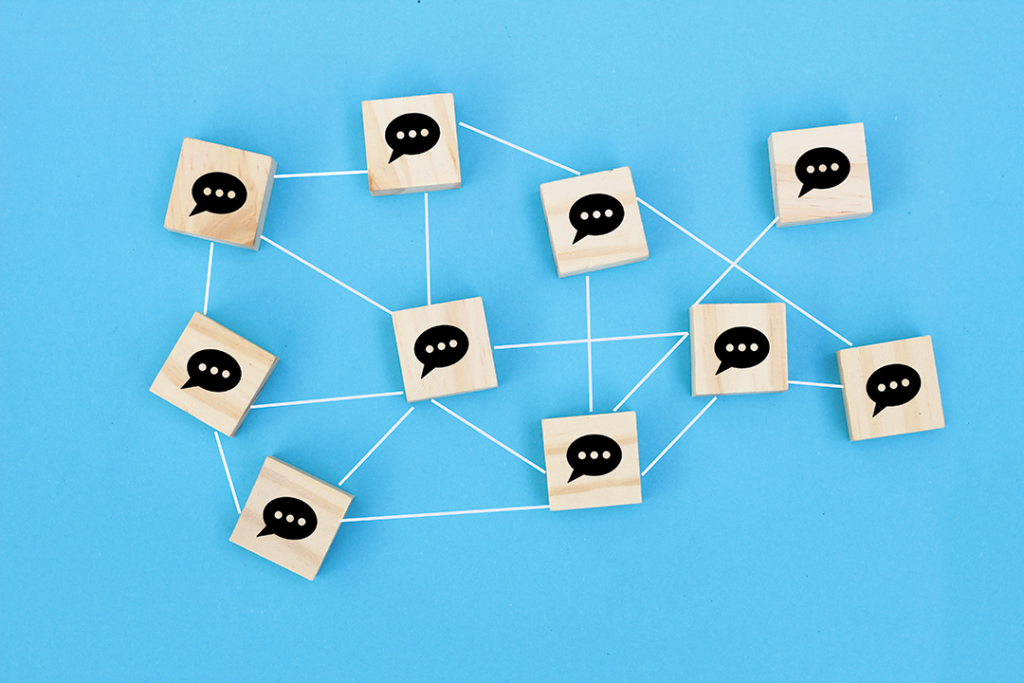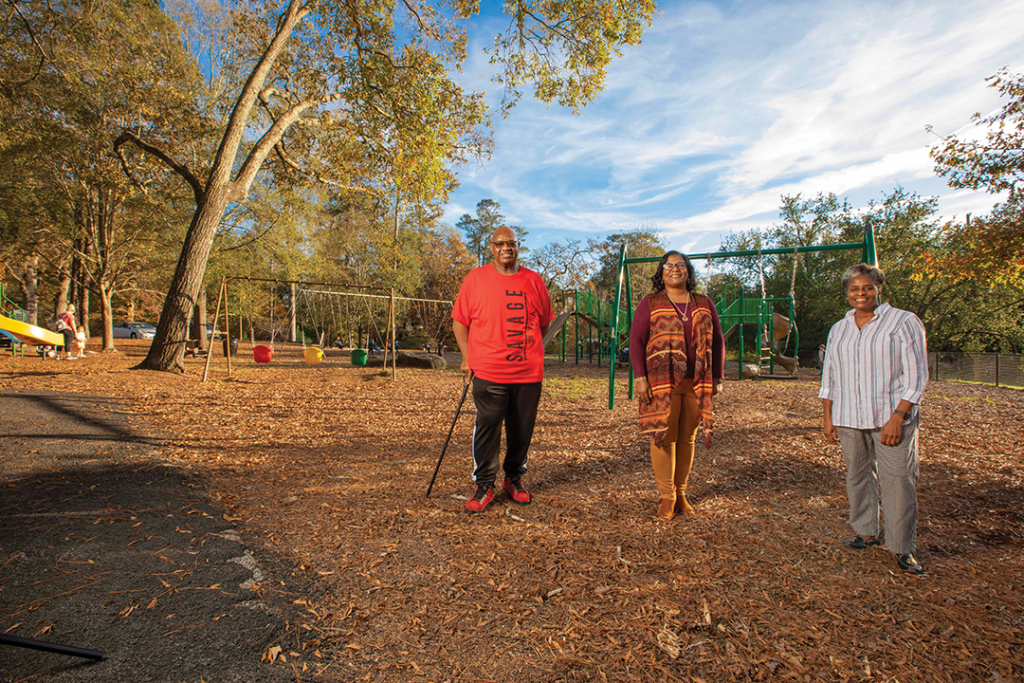The ability to read and write remains one of the great divides between the haves and the have-nots, even in 2020.
What does it mean to be literate? In the simplest terms, an individual is considered to be literate if he or she can read and write. Now that we’ve established what it means to be literate, let’s ponder a few questions. Does every person living in the United States deserve to be become literate? In other words, does this ability to read and write become something of a civil right? If our civil rights were designed to protect us from unfair treatment, then it stands to reason that people who are not given this opportunity are being denied access to life, liberty and the pursuit of happiness. There are many questions concerning such a seemingly simplistic topic, but this is one of the most important issues we face in today’s society. Literacy remains one of the great divides between the haves and the have-nots. This should not be the case in 2020.
As I’ve worked with students over the past 25 years, I’ve personally found that literacy is a skill that determines the quality of life for most of them. While I don’t have the specific statistics to share, all you have to do is read or listen to see the impact of illiteracy in our country today. Think for one minute what it must be like to not have the ability to read. You visit a grocery store, and you can only identify what you need by the packaging. You buy a car, but you can’t read the contract. You buy a house or rent an apartment, and you can’t read the details. No wonder people get into difficult situations. The saddest part of all is watching students struggle with reading text when they haven’t been given the tools they need or, worst of all, being wired differently and not having the prerequisite skills needed for their brain to access the text adequately.
All of this to say: Why in the world is this still the case in the United States? We push for access to technology, yet we ignore the most important part of using it. You must be able to read. Putting the technology in the hands of students is a worthwhile pursuit, but if they do not have the skills to read and unlock the meaning to words, it all becomes moot. When did we become a nation that “acts” to equip people, even as it continues to limit them by withholding the most important right—the right to read?
“We push for access to technology, yet we ignore the most important part of using it. You must be able
Dr. Kim Coady
to read.”
Dr. Kim Coady is the former principal at East Newton Elementary School. She earned her bachelor’s, master’s and specialist’s degrees in early childhood education from Georgia College and State University and her PhD in Teaching and Learning: Language and Literacy at Georgia State University.
Click here to read more stories by Dr. Kim Coady.




